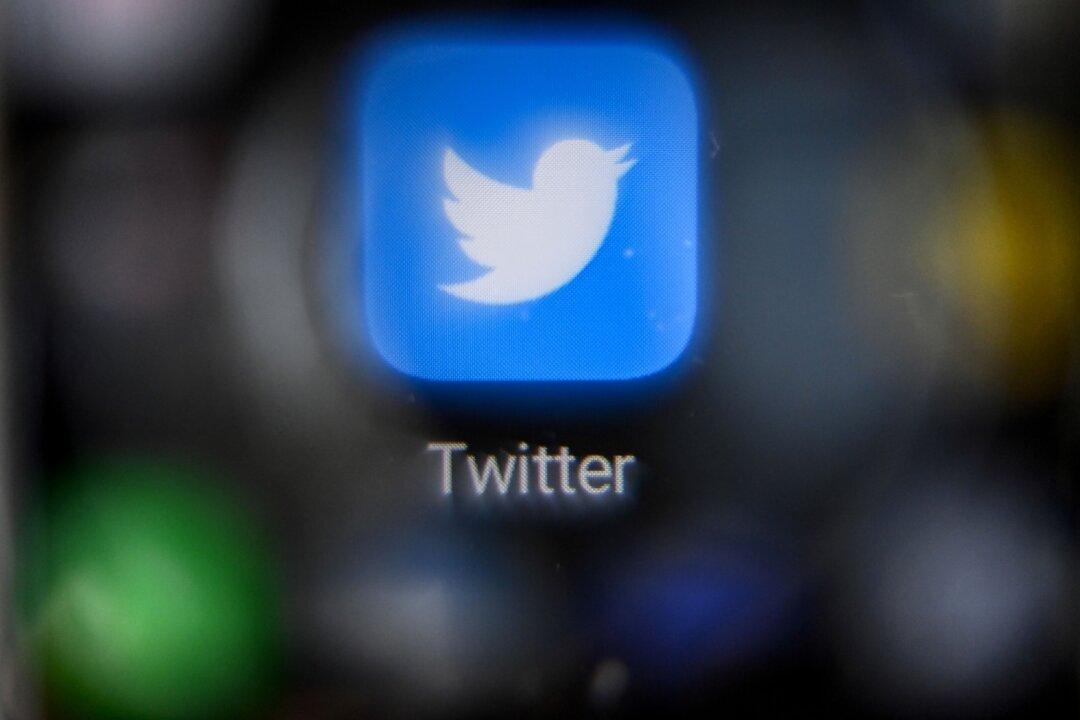Russian efforts to spread disinformation on Twitter during the 2016 presidential election didn’t produce any measurable impact on the results of the election, a new study suggests.
For the study, published on Monday in Nature Communications, a team of researchers from Ireland, Denmark, Germany, and the United States examined Twitter users’ behavior and attitudes during the eight months leading up to Election Day on Nov. 8, 2016.





